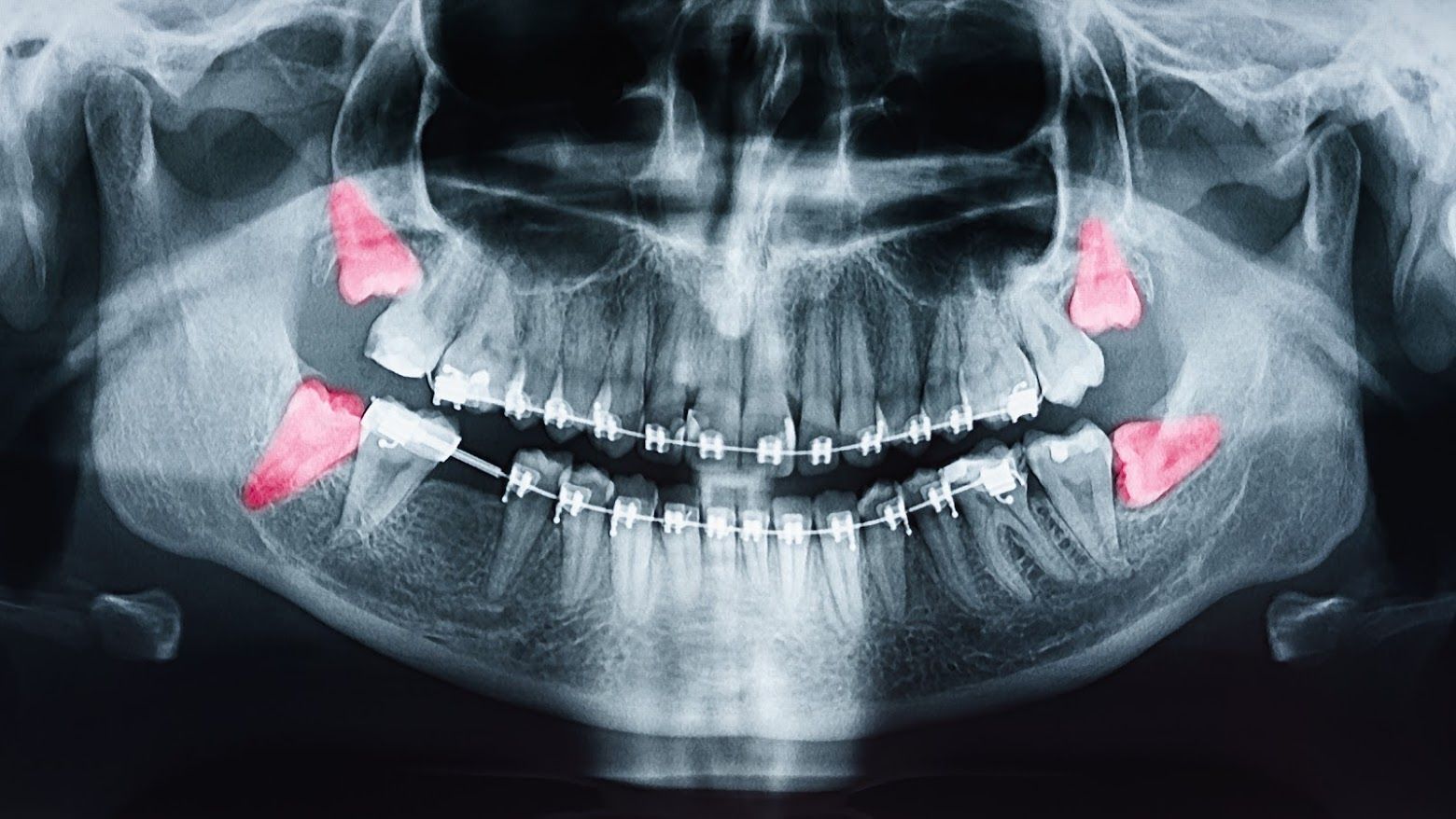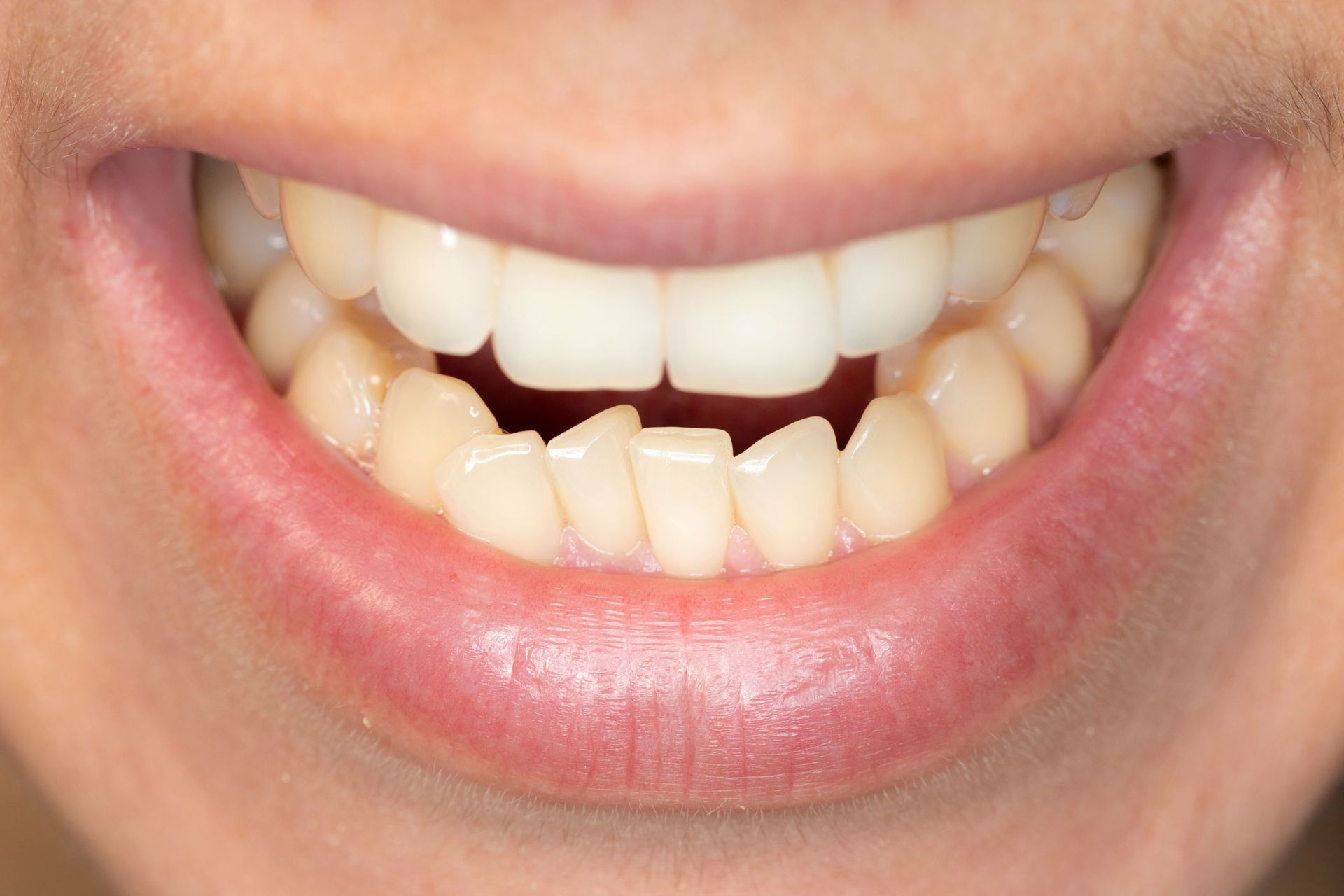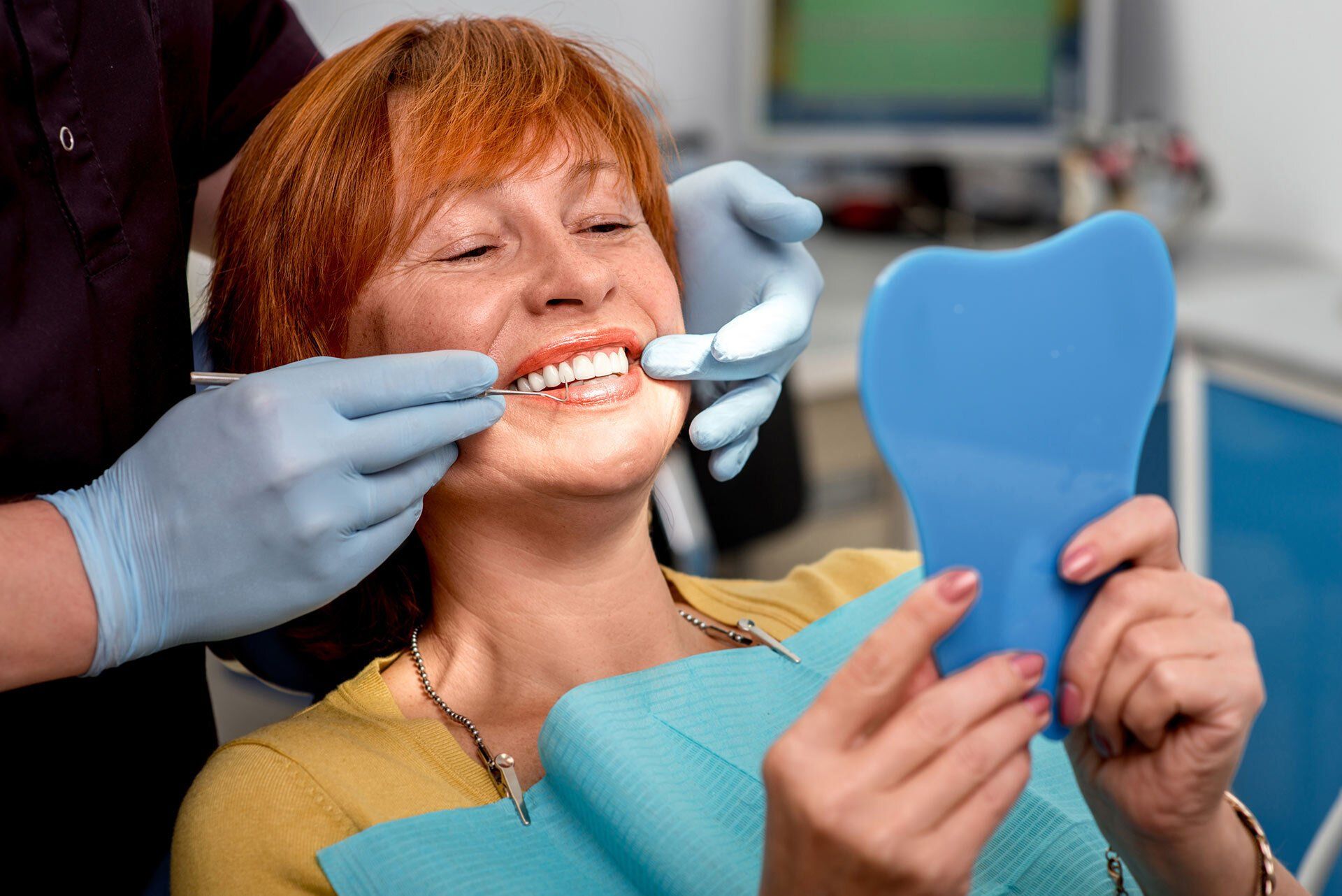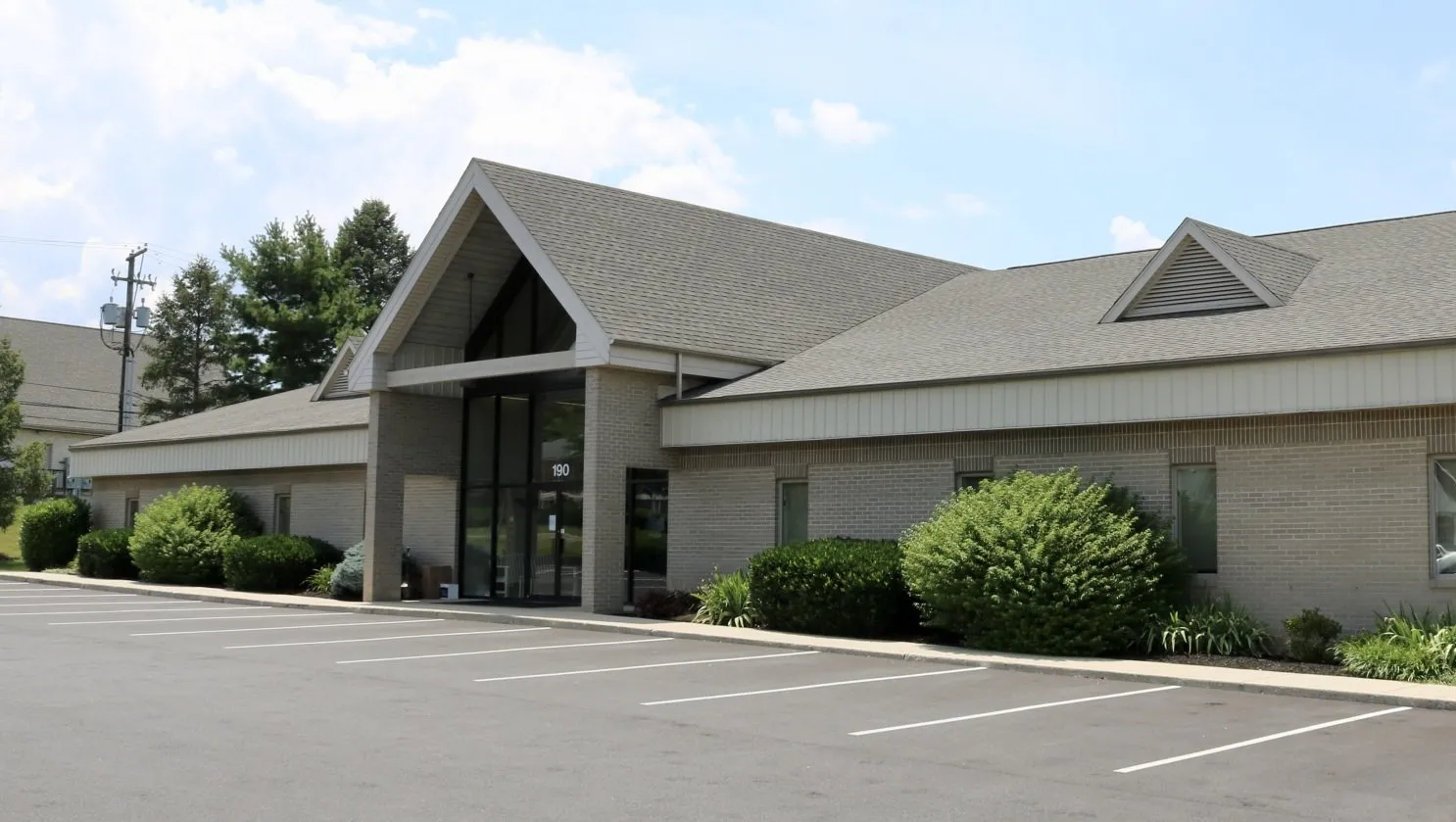Lancaster Office
Hershey Office
Lititz Office
6 Problems You Can Avoid By Extracting Your Wisdom Teeth

If you've ignored your wisdom teeth, talk to your dentist. Leaving your wisdom teeth in can put you at risk for quite a few dental problems. Wisdom teeth usually grown in between the ages of 17 and 25. In many cases, wisdom teeth don't have enough space to grow properly.
Crowding can cause a variety of complications. That's why you need to understand the risks of keeping your wisdom teeth. That way, you can make an informed decision about whether to get them removed. Discover six reasons why you shouldn't postpone getting your wisdom teeth extracted.
1. Complicated Extractions
Most teeth grow in without any problems. Wisdom teeth often aren't like that though. Without enough space, wisdom teeth can become impacted. When that happens, extractions aren't as easy to accomplish. In fact, impacted wisdom teeth can complicate the extraction process.
As your wisdom teeth grow, the roots become more developed. This can cause the roots to become intertwined with nearby roots. The intertwining of root systems can make the extraction process more difficult. This can even increase the risk of complications.
2. Orthodontic Problems
If your wisdom teeth don’t give you any problems, you might think you’re fine to keep them. That's not the case though. Wisdom teeth can put pressure on the surrounding teeth. This pressure can cause crowding. Unfortunately, crowding can lead to orthodontic problems.
Some of those problems include shifting or misalignment. Overcrowding can also cause your teeth to overlap. If those issues happen, you'll need orthodontic treatment to correct the problem. You can reduce the risk by having your wisdom teeth removed before they cause overcrowding.
3. Gum Infections
As wisdom teeth erupt through the gums, they create small openings in the skin. If your wisdom teeth become impacted, those openings can expose delicate gum tissue. Once the gum tissue is exposed, it creates a hiding place for germs and bacteria. Unfortunately, that increases the risk of infections.
Infections can spread to the surrounding teeth. This can increase the risk of gum disease and tooth loss. To avoid those risks, visit your dentist right away. Removing your wisdom teeth will reduce the risk of infection.
4. Tooth Decay
If you don't have any cavities or tooth decay, you want to keep it that way. Unfortunately, wisdom teeth increase the risk of tooth decay. Wisdom teeth are in the back of your mouth. That placement makes them difficult to brush and floss, which means they're prone to plaque buildup.
Plus, if your wisdom teeth cause overcrowding, you can't get to the plaque and tartar that's between the teeth. That can increase the risk of tooth decay on the neighboring teeth too. Prevent tooth decay and cavities by removing your wisdom teeth right away.
5. Oral Cysts
Wisdom teeth can cause serious oral health issues like the growth of cysts and tumors. When wisdom teeth don't fully erupt, they can develop small cysts. Dentigerous cysts and odontogenic keratocysts usually develop on the wisdom teeth.
Odontogenic keratocysts are more like tumors because they can grow back after surgical removal. These cysts and tumors can cause damage to the jawbone, nerves, and teeth. Unfortunately, these problems can cause extensive dental problems without prompt wisdom teeth removal.
6. Pain
When keeping your wisdom teeth, you need to think about your comfort level. Impacted wisdom teeth can cause you to experience quite a bit of pain. Unfortunately, this pain can radiate throughout your jaw. Removing the impacted wisdom teeth will alleviate the pain.
If you have questions about wisdom teeth extraction, contact our dental office right away. Our dental team can walk you through the entire process.
- Mon - Thu
- -
- Friday
- -
- Sat - Sun
- Closed














